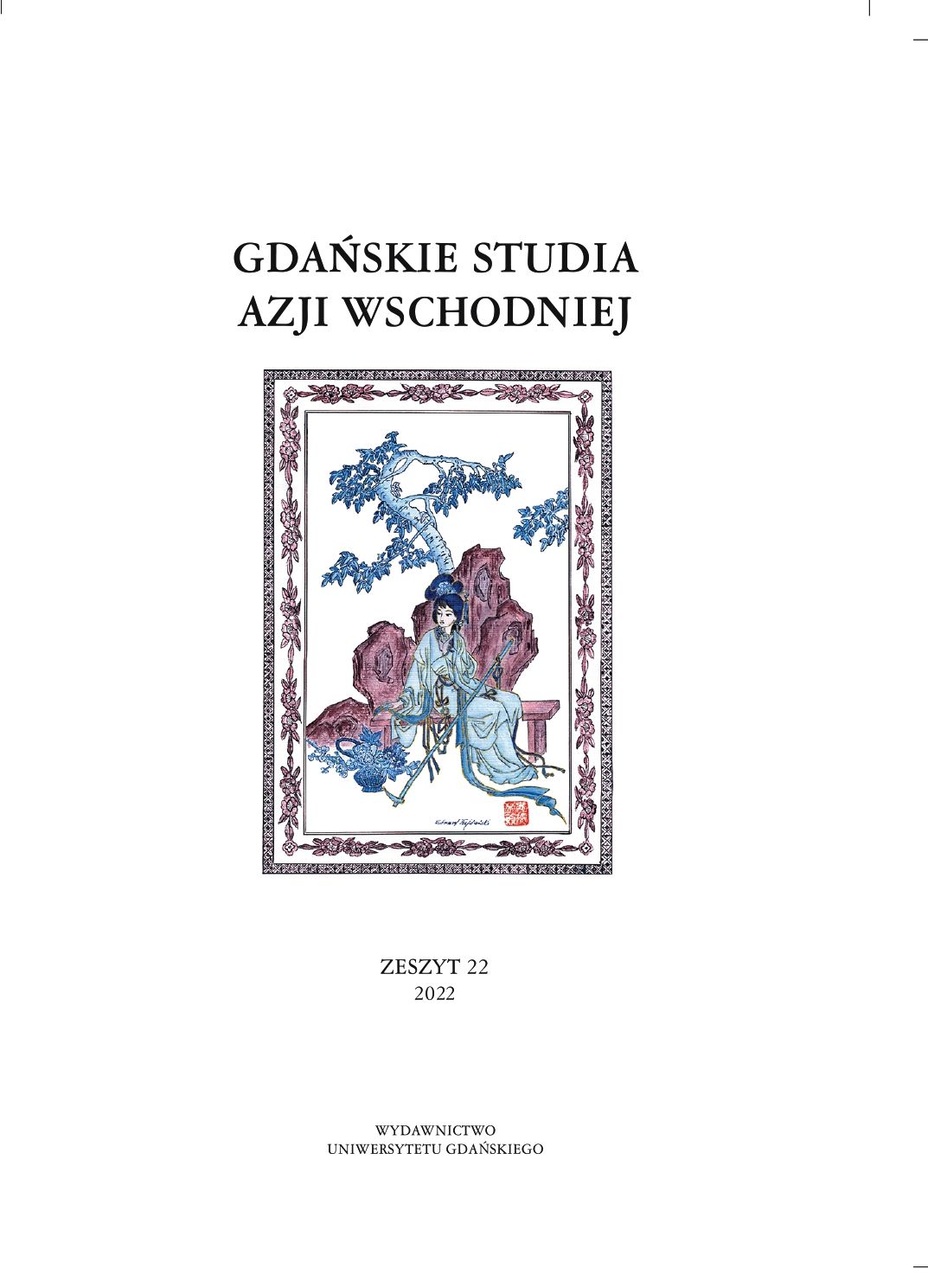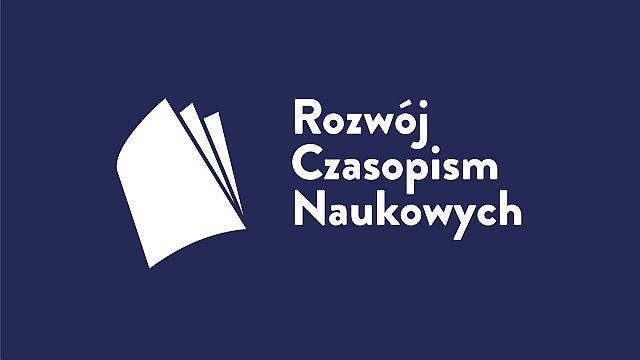Zapomniana czy przejęta wojna? Uwagi wokół książki Davida Cheng Changa The Hijacked War. The Story of Chinese POWs in the Korean War
Abstrakt
The paper discusses the book entitled The Hijacked War. The Story of Chinese POWs in the Korean War by David Cheng Chang (Stanford University Press, Stanford 2020, pp. 476). The critical analysis of Cheng Chang’s work situates the book in a new trend seen among western historians interested in the Korean War, which is the tendency to focus on prisoners of war instead of focusing only on the political and military issues of the conflict. Cheng Chang claims that a few thousand Chinese non-communist POWs forced many fellow prisoners held in captivity by United Nations Command to oppose repatriation to the People’s Republic of China and, in the aftermath, those determined POWs “hijacked” the war. This was possible because their stance encouraged the Americans to propose voluntary repatriation. To the Americans’ surprise, the Communists refused to accept it, and the war waged on for more than one year longer. The paper underlines the main thesis by Cheng Chang and points out the most valuable information provided by the historian that contributes to a deepening of our knowledge and understanding of the Korean War. Moreover, the paper indicates that there are a few minor disadvantages in Cheng Chang’s study, such as the short description of the so-called explanations and interviews conducted under the supervision of the Neutral Nations Repatriation Commission between October 1953 and January 1954. This is a gap that could be filled, for example, after studying Polish and Czech archival diplomatic and intelligence documents.
Downloads
Bibliografia
AIPN, 2602/2904, [Charakterystyka szefa sztabu delegacji hinduskiej – brygadiera Kaula, autorstwa Władysława Tykocińskiego], 8 XI 1953 r., k. 86.
AMSZ, Samodzielny Wydział Wschodni, z. 11, w. 25, t. 474, Sprawozdanie nr 1 z działalności Przedstawicielstwa do Komisji Repatriacyjnej Państw Neutralnych za okres od 1.9 do 1.10.1953 r., Kaesong, 4 X 1953, k. 17–18.
AMSZ, Samodzielny Wydział Wschodni, z. 11, t. 28, w. 477, Notatka z przebiegu akcji wyjaśniającej, 15 X 1953, k. 478–479.
Barnes R., Between the Blocs: India, the United Nations, and Ending the Korean War, „Journal of Korean Studies” 2013, vol. 18, no. 2.
Hermes W.G., Truce Tent and Fighting Front, Washington 1992.
Jian Chen, The Sino-Soviet Alliance and China’s Entry into the Korean War, Cold War International History Project, Working Paper no. 1, June 1992.
Kim M., The Interrogation Rooms of the Korean War. The Untold History, Princeton 2019.
Korea: The „Forgotten” War, „US News&World Report”, 5.10.1951.
Mansourov A.Y., Stalin, Mao, Kim and China’s decision to Enter the Korean War, Sep. 16–Oct. 15, 1950: New Evidence from the Russian Archives, „Cold War International History Project Bulletin”, Winter 1995/1996, issue 6–7.
Shen Zhihua, Xia Yafeng, A Misunderstood Friendship. Mao Zedong, Kim Il Sung, and Sino-North Korean Relations, 1949–1976, New York 2018.
Stueck W., The Korean War. An International History, Princeton 1995.
Weathersby K., Soviet Aims in Korea and the Origins of the Korean War, 1945–1950: New Evidence from Russian Archives, Cold War International History Project, Working Paper no. 8, November 1993.
Xia Yafeng, Personal Exchanges Between China and the Socialist Countries during the Cold War, „The China Review” 2019, no. 19/3.

 Uniwersyteckie Czasopisma Naukowe
Uniwersyteckie Czasopisma Naukowe





